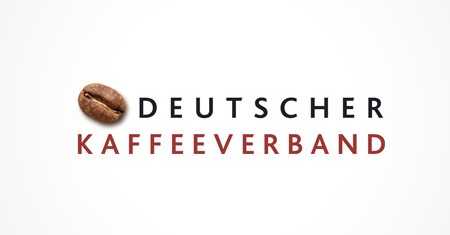HAMBURG, Germany – Protecting human rights and the environment in the coffee supply chain is one big value of the German Coffee Association. This is why the German Coffee Association has joined forces with companies in the coffee industry in Germany to launch the Ear4U grievance mechanism. As an open ear for the coffee industry, people who work in the coffee value chain can report specific indications of grievances such as a lack of occupational health and safety, environmental pollution, or forced labour. Any information received will remain confidential.
The launch of the Ear4U grievance mechanism
The industry is supported in this by the independent company Global Risk Assessment Services GRAS. The common goal is to make the coffee value chain more sustainable and comply with our due diligence obligations following the German Supply Chain Due Diligence Act (Lieferkettensorgfaltspflichtengesetz).
Anyone can reach Ear4U via an online form, hotline, and free app. The website is available in six languages (English, German, Spanish, Portuguese, Indonesian and Swahili), tailored specifically to the needs of the coffee industry, and reaches over one billion people in the world. Complaints can be submitted via the web-based software in 61 languages.
For more details, click here.
About the German Coffee Association
For over 50 years, the German Coffee Association has represented the interests of companies and organizations that trade, process, or otherwise deal with coffee in Germany. It unites more than 360 companies along the coffee value chain – including sustainability organizations, coffee traders and brokers, coffee roasters, soluble coffee producers, decaffeination industries, coffee and roasting machine manufacturers, logisticians, and laboratories. In 2014 and 2018, the German Coffee Association was named “Association of the Year” by the German Association Management Association (DGVM).
About Global Risk Assessment Services – GRAS
The development of GRAS has been supported by the German Federal Ministry of Food and Agriculture through the Agency for Renewable Resources (FNR) within the project “Development of the GRAS prototype to support an environmentally friendly use of resources for a sustainable bioeconomy”.
The objective of the project was the development of the GRAS prototype to support the environmentally sound use of resources for a sustainable bioeconomy. The prototype has been intended to assist in the establishment and monitoring of sustainable and deforestation-free supply chains. Changes in land use are to be documented by the analysis of high-resolution remote sensing data and data from the latest generation of satellites.
New technologies and procedures have been developed and tested to arrive at the most accurate statements possible even in difficult situations (e.g., small-scale plots) and in new applications (e.g., forestry, fire alerts).
Small farmers are to be integrated as part of a so-called Landscape Approach. GRAS is being developed in a multi-stakeholder process with contributions from well recognized institutions, including research institutes, governmental and non-governmental organizations, commercial companies, technology and software providers.
About the German Act on Corporate Due Diligence Obligations in Supply Chains
In 2023, the German Act on Corporate Due Diligence Obligations in Supply Chains (Lieferkettensorgfaltspflichtengesetz,LkSG) came into force. The law aims to improve the human rights situation and to protect the environment in global supply chains. The German Supply Chain Act is the national implementation of the UN Guiding Principles for Business and Human Rights that seeks to promote sustainable and responsible corporate governance.
The core of the German Supply Chain Act are Human Rights and Environmental Due Diligence (HREDD) obligations to identify, prevent, or minimize the risks of human rights violations and damage to the environment.
These obligations comprise the integration of HREDD in corporate policies, the setting up of a risk management system and a grievance mechanism, the implementation of preventive measures, and remedial actions as well as reporting activities.










